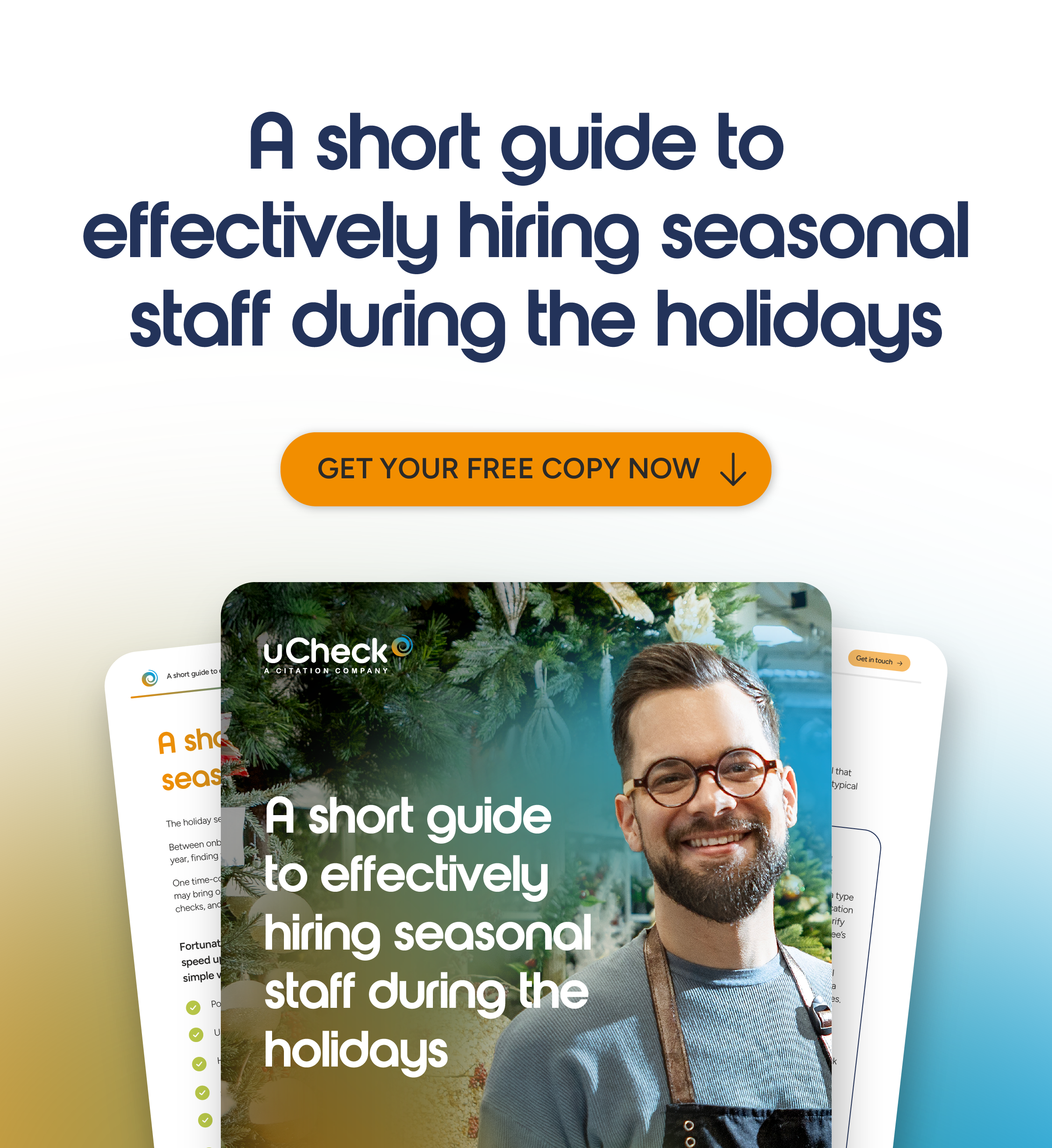The government has started to introduce a new policy that is making more parents eligible for free childcare hours. And, in some cases, the number of free childcare hours parents receive will also increase.
Whilst the new funding for childcare is seen as largely positive by many, there are some concerns from the childcare sector that this will add more pressure to childcare businesses already struggling to meet increased demands.
What is the new childcare scheme?
By September 2025, working parents will be able to claim 30 hours of free childcare a week, over 38 weeks of the year, all the way through from nine months up to their child starting school.
When did the new childcare scheme start?
This new policy started to roll out in April 2024 and will be fully implemented by September 2025. Here’s a quick breakdown of the timeline…
- From April 2024 – working parents of two-year-olds were given access to 15 hours of free childcare.
- From September 2024 – 15 hours of free childcare will be extended down to the age of nine months for working parents.
- From September 2025 – working parents of children aged nine months and upwards will be entitled to 30 hours of free childcare per week right up until their child starts school.
Who is eligible under this new policy?
Working parents who individually earn more than £8,670 but less than £100,000 per year are eligible for free childcare.
For couples, the rules apply to both parents. Meaning that you must both earn at least £8,670 and neither one of you can earn more than £100,000.
How does the new policy impact the childcare sector?
Whilst the government promised that nurseries are set to receive a £204 million cash boost as part of a larger investment in childcare, dealing with an influx of children who require childcare will be no mean feat.
Nurseries have long been facing a recruitment crisis, with a large shortage of qualified and experienced staff. This means that there are fewer people available to care for children. And although increased funding will be useful, it doesn’t entirely solve the issues faced by nurseries looking to hire.
With that being said, businesses in this sector will likely be in a rush to hire, and, as recruitment experts, we understand this can often lead to missing key steps in the recruitment process.
For example, most people in this line of work would require an Enhanced DBS Check by law to ensure that they’re safe to work with children. Not to mention that businesses also need to make sure that each employee has a Right to Work. If any of these checks are missed out because of rushed recruitment, employers could face fines, reputational damage, and significant implications to their day-to-day business.
How you can recruit & retain the right way
Your business should look at its plan to retain staff. What are you doing to keep them engaged with your business? Are you offering them any perks that they couldn’t get elsewhere? Are you regularly catching up with staff and hearing their thoughts and suggestions? Any way you can increase staff retention will help you soften your recruitment requirements!
And when it comes to recruiting staff, it’s important that you do it right. It’s not an area you can take shortcuts in without risking the jeopardy of your business.
If you need a helping hand with your employment checks for your new hires, such as DBS Checks, Right to Work Checks, or Identity Checks, we’re here to help. Here at uCheck, we make background checks simple for over 30,000 organisations just like yours, and we can help you confidently recruit the best talent.
To see how we can help your business, contact us today at info@ucheck.co.uk or call us on 0300 140 0022.







